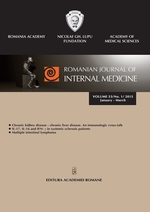 A researcher in Greece has issued extensive — what we sometimes call “mega” — corrections to two 2016 papers published in a medical journal in Romania.
A researcher in Greece has issued extensive — what we sometimes call “mega” — corrections to two 2016 papers published in a medical journal in Romania.
The first author — Alexandra Kalogeraki, a pathology researcher at the University of Crete in Greece — retracted two reviews from the same journal last year for plagiarism. The newest notices remove authors and correct, add, or remove text, often without providing an explicit reason for the change.
The journal told us Kalogeraki initially asked to retract the newly corrected papers, but the editors didn’t believe that the papers warranted the harsher measure, as they’d run a plagiarism scan and conducted peer review of the two papers and did not find any issues. However, the University of Crete is currently investigating allegations of plagiarism in two of Kalogeraki’s other papers, which have already been retracted by the same journal.
For the latest mega-corrections, both are so lengthy we’re only including a small portion of the notice for the case study, “Recurrent Cerebellar Desmoplastic/ Nodular Medulloblastoma in Cerebrospinal Fluid (CSF) in the elderly. A Cytologic Diagnosis,” which deals with authorship: Continue reading Researcher issues massive changes to papers amidst plagiarism investigation
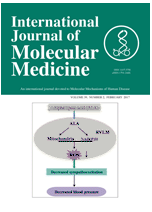
 A journal has retracted a 2012 paper after the last author was unable to provide material to support the results presented in multiple figures.
A journal has retracted a 2012 paper after the last author was unable to provide material to support the results presented in multiple figures.

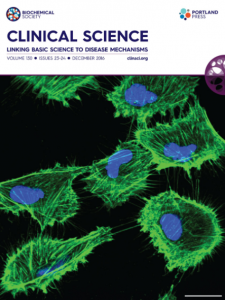

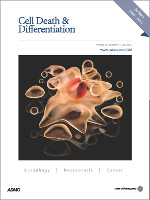 Researchers have retracted a biology paper that included an image mismatch — despite the fact that, as they claim, another image in the same paper confirms the original findings.
Researchers have retracted a biology paper that included an image mismatch — despite the fact that, as they claim, another image in the same paper confirms the original findings. A researcher who claimed image problems in a retracted paper were the result of a software glitch, and not intentional, has lost three more papers — all for image manipulation.
A researcher who claimed image problems in a retracted paper were the result of a software glitch, and not intentional, has lost three more papers — all for image manipulation.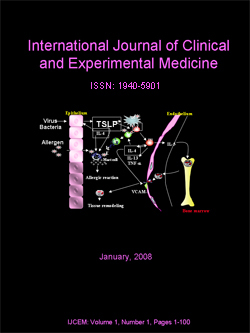 Sometimes we come across a real head-scratcher.
Sometimes we come across a real head-scratcher.